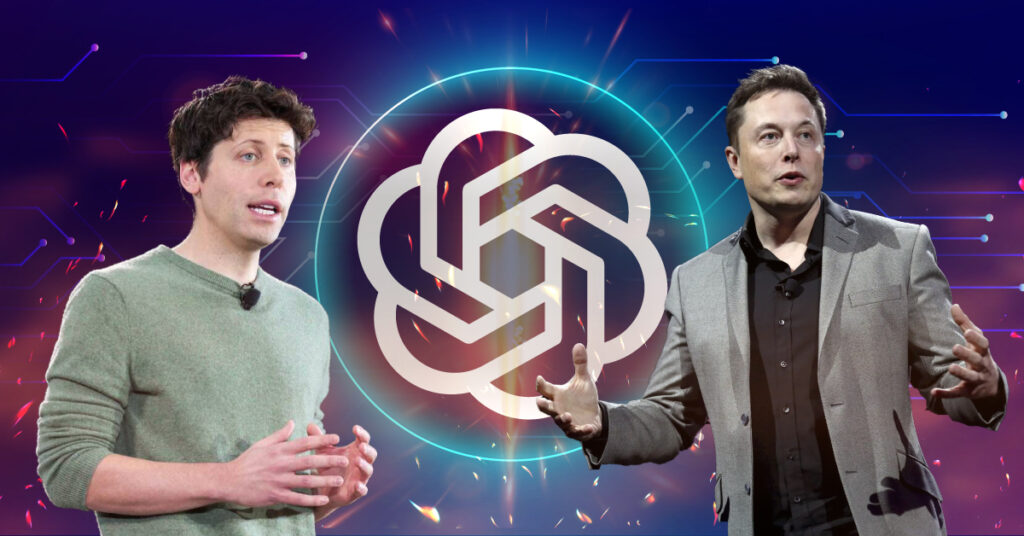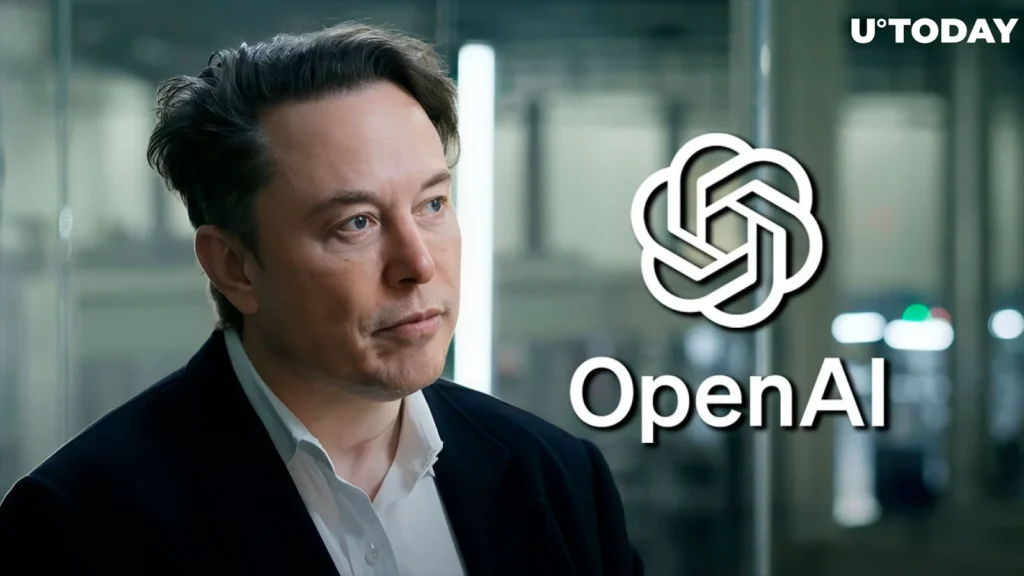
The race for dominance in artificial intelligence (AI) has taken a dramatic turn. Elon Musk, the billionaire entrepreneur behind Tesla, SpaceX, and X (formerly Twitter), has made headlines with a staggering $97.4 billion bid to acquire OpenAI, the nonprofit behind ChatGPT. Musk OpenAI bid is not just a business transaction—it’s a power play in the escalating battle for AI supremacy.
The bid, led by Musk and a consortium of investors, has reignited tensions between Musk and OpenAI CEO Sam Altman. It also raises critical questions about the future of AI development, corporate governance, and the ethical responsibilities of tech giants. Let’s dive into the details of this high-stakes showdown.
Why Musk’s Bid Matters?
Elon Musk’s $97.4 billion offer is more than just a financial proposition. It’s a strategic move to block OpenAI’s transition from a nonprofit to a for-profit entity. Musk co-founded OpenAI in 2015 with Sam Altman, envisioning it as a nonprofit dedicated to developing AI for the benefit of humanity. However, he left the organization in 2018, citing disagreements over its direction.
Since then, OpenAI has grown exponentially, becoming a leader in generative AI with tools like ChatGPT. To sustain its growth, OpenAI announced plans to transition to a for-profit model, a move Musk vehemently opposes. In a statement, Musk said, “It’s time for OpenAI to return to the open-source, safety-focused force for good it once was. We will make sure that happens.”
The Clash of Titans: Musk vs. Altman
The bid has intensified the long-standing feud between Musk and Altman. Musk has accused OpenAI of prioritizing profit over public good, a claim that led to a lawsuit in August 2023. He argued that OpenAI’s founders, including Altman, violated their original mission by pursuing a for-profit structure.
Altman, however, has dismissed Musk’s bid as a non-starter. In a message to OpenAI staff, he reportedly stated that the company’s board has no interest in Musk’s offer. He even quipped on X, “No thank you, but we will buy Twitter for $9.74 billion if you want.”
This clash highlights a fundamental divide in the AI community. On one side are those who believe AI should remain open-source and nonprofit, ensuring its benefits are widely accessible. On the other are those who argue that significant capital is necessary to develop cutting-edge AI technologies.
The Consortium Behind the Bid
Musk’s bid is backed by a powerful consortium, including his AI startup xAI, Baron Capital Group, and Emanuel Capital. xAI, founded by Musk in 2023, recently raised 6 billion at a valuation of 40 billion. According to the Wall Street Journal, xAI could merge with OpenAI if the deal goes through.
This consortium brings not only financial muscle but also strategic expertise. However, financing a 97.4 billion bid is no small feat. Musk’s leverage with banks is limited after his 44 billion acquisition of Twitter in 2022. To fund the bid, he may need to sell part of his Tesla stake or use his SpaceX holdings as collateral.
OpenAI’s Valuation and Funding Challenges
OpenAI’s valuation has skyrocketed in recent years. In its last funding round, the company was valued at 157 billion, making it one of the most valuable private companies in the world. Soft Bank Group is reportedly in talks to lead a 40 billion funding round, which would push OpenAI’s valuation to $300 billion.
Musk’s bid complicates OpenAI’s fundraising efforts. As Gil Luria, an analyst at D.A. Davidson, noted, “The offer seems to be backed by more credible investors… OpenAI may not be able to ignore it.” The board now faces a fiduciary responsibility to evaluate whether Musk’s offer is better than SoftBank’s.
The Ethical and Governance Dilemma
At the heart of this battle is a critical ethical question: Should AI development be driven by profit or public good? OpenAI’s transition to a for-profit model has sparked debates about corporate governance and the responsibilities of tech leaders.
Jonathan Macey, a Yale Law School professor, emphasized the importance of protecting the interests of nonprofit beneficiaries. “If OpenAI prefers to sell it to somebody else for less money, it’s a concern for protecting the interests of the beneficiaries of the not-for-profit,” he said.
Musk’s bid also raises antitrust concerns. A deal of this magnitude could face regulatory scrutiny, especially given Musk’s influence across multiple industries.
What’s Next for OpenAI and Musk?
The outcome of this bid remains uncertain. OpenAI’s board must weigh Musk’s offer against its current plans and the potential backlash from stakeholders. Meanwhile, Musk’s consortium is preparing for a protracted battle, leveraging its financial and strategic resources.
For the AI industry, this showdown is a pivotal moment. It underscores the growing competition among tech giants to control the future of AI. It also highlights the need for clear ethical guidelines and governance frameworks to ensure AI development benefits humanity as a whole.
Conclusion: A Defining Moment in AI History

Elon Musk’s $97.4 billion bid for OpenAI is more than a business deal—it’s a defining moment in the battle for AI supremacy. It pits Musk’s vision of open-source, nonprofit AI against OpenAI’s for-profit ambitions, with far-reaching implications for the tech industry and society at large.
As the drama unfolds, one thing is clear: The stakes have never been higher. Whether OpenAI remains independent or falls under Musk’s control, the outcome will shape the future of AI for years to come.
What do you think? Should AI remain a nonprofit endeavour, or is a for-profit model necessary to drive innovation? Share your thoughts in the comments below.
